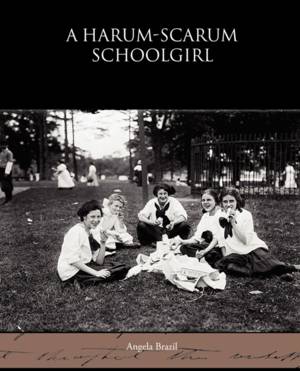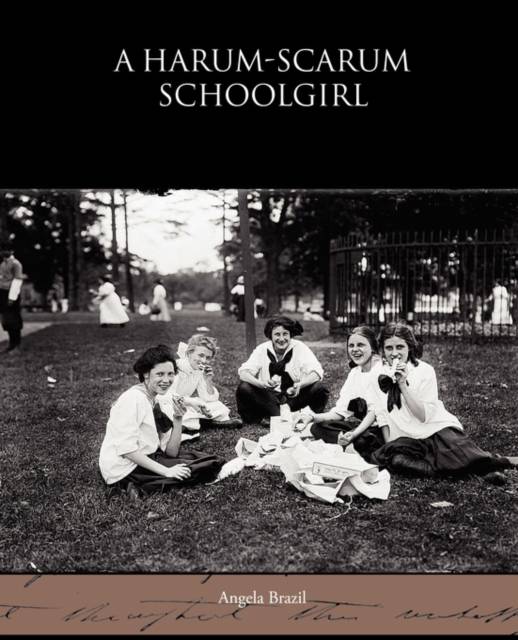
Je cadeautjes zeker op tijd in huis hebben voor de feestdagen? Kom langs in onze winkels en vind het perfecte geschenk!
- Afhalen na 1 uur in een winkel met voorraad
- Gratis thuislevering in België vanaf € 30
- Ruim aanbod met 7 miljoen producten
Je cadeautjes zeker op tijd in huis hebben voor de feestdagen? Kom langs in onze winkels en vind het perfecte geschenk!
- Afhalen na 1 uur in een winkel met voorraad
- Gratis thuislevering in België vanaf € 30
- Ruim aanbod met 7 miljoen producten
Zoeken
Omschrijving
Angela Brazil (1868 - 1947) was one of the first English writers to write in the schoolgirl genre. The stories were told from the characters point of view. The stories were written not just as instructional stories but also to entertain. Brazil did not write any books in a series. Each stood on its own with unique characters. Her books dealt accurately and sympathetically with the events and emotions in the lives of middle-class schoolgirls, including the tangle of emotional friendships. Her works include: The New Girl at St. Chad's (1911), For the Sake of the School (1915), The Luckiest Girl in the School (1916) and The Jolliest School of All (1922). This story begins, "The five girls were sitting in a retired corner of the garden at Pendlemere Abbey. On one side, above the tops of the rhododendron bushes, they could see the tall, twisted chimneys and flagged stone roof of the old house; on the other side, below the lawn and across the paddock, gleamed the silver waters of the lake, with its banks of rushes and alders, and beyond lay a range of grey hills that seemed to melt away into more distant peaks that merged into the mists on the horizon. It was a beautiful view, and on this hazy September afternoon, with the hidden sun sending long shafts of light from behind radiant masses of cloud, it formed a prospect that should have afforded keen aesthetic satisfaction to anybody who cared to look at it. Usually the girls appreciated its changeful glories, but to-day--this first day of a new term--they were too much taken up with their own grievances to think about scenery."
Specificaties
Betrokkenen
- Auteur(s):
- Uitgeverij:
Inhoud
- Aantal bladzijden:
- 184
- Taal:
- Engels
Eigenschappen
- Productcode (EAN):
- 9781438532837
- Verschijningsdatum:
- 31/12/2009
- Uitvoering:
- Paperback
- Formaat:
- Trade paperback (VS)
- Afmetingen:
- 190 mm x 235 mm
- Gewicht:
- 326 g

Alleen bij Standaard Boekhandel
+ 56 punten op je klantenkaart van Standaard Boekhandel
Beoordelingen
We publiceren alleen reviews die voldoen aan de voorwaarden voor reviews. Bekijk onze voorwaarden voor reviews.









